If you’re on Twitter, you’ve probably seen the viral video of “Jane the Virgin” star Gina Rodriguez being interviewed about her previous controversial comments that some have called out as anti-black. Said comments include claiming that Latina actresses get paid less than black actresses — an unbacked claim — and attempting to erase black women when discussing role models during a press tour for her film “Small Foot.” In the aforementioned interview, Rodriguez — a self-proclaimed activist on Latinx issues — begins to cry as she attempts to convince us that her words have been taken out of context. She claims that it’s impossible for her to be anti-black, because of her father’s dark skin and Afro-Latino identity — though some people question this — and her love for the black community.
But the video seems to eerily shadow what we’ve seen in the past: women in a position of power who make themselves seem like the victim in a situation that, to be honest, isn’t really about them. This past year alone, several videos of white women unnecessarily calling the police on black people have gone viral. Each time, we are served with the same spiel — that these women can in no way be held accountable for their actions because they couldn’t possibly be what the actual victims of the situation are claiming them to be. Their names serve as memes for weeks on end, but the victims of these racist antics become nothing more than a passing headline.
The problem in Rodriguez’s case isn’t only the fact that she is following this pattern of victimization, but also what the Latino community as a whole has continuously ignored — the anti-blackness rooted in our own homes, histories and cultures.
Movements to separate black populations from white ones began after the repercussions of European colonization in Central and South America. Racial whitening, which encouraged interracial unions so as to produce lighter-skinned children and to create a whiter society, became a common practice in Brazil from the late 1800s to the early 1900s. A new racially motivated policy in the Dominican Republic stripped thousands of Dominicans of Haitian descent of their Dominican nationality only three years ago. These countries have some of the highest populations of black people in all of Latin America. Yet to this day, Brazil is consumed with racial discrimination, and black Dominicans continue to be deported from the only country that they call home.
How is it that activists like Gina Rodriguez are so ready to acknowledge the discrimination Latinos face in the U.S., but then turn a blind eye to the anti-black racism rampant in our own homelands?
The answer comes in the form of the modern-day Latino community. Those of us who aren’t Afro-Latino were raised by parents who have carried on their parents’ mannerisms, most of which were either directly or indirectly anti-black. The telenovelas that our abuelitas watch are predominantly white. Features such as big noses and dark skin are frowned upon; our colloquial use of the words “negra” and “morena” may at times be out of endearment, but are deeply rooted in the way in which our families view black people — as undesirable. Some parents go so far as to discourage their children from bringing home black significant others.
I personally have experienced all of this growing up. Loved ones would reiterate common stereotypes about black people as if it were second nature. It’s a horrifying mindset that continues to be passed down because some of us refuse to believe that Latinos can also be racist and condone white supremacy. So while it’s important to call out activists like Rodriguez for her comments, it’s also just as important to understand that Latino communities as a whole need to take a step back and acknowledge the racism present in our homes as well.
Opinions expressed on the editorial pages are not necessarily those of WSN, and our publication of opinions is not an endorsement of them.
Email Melanie Pineda at [email protected].




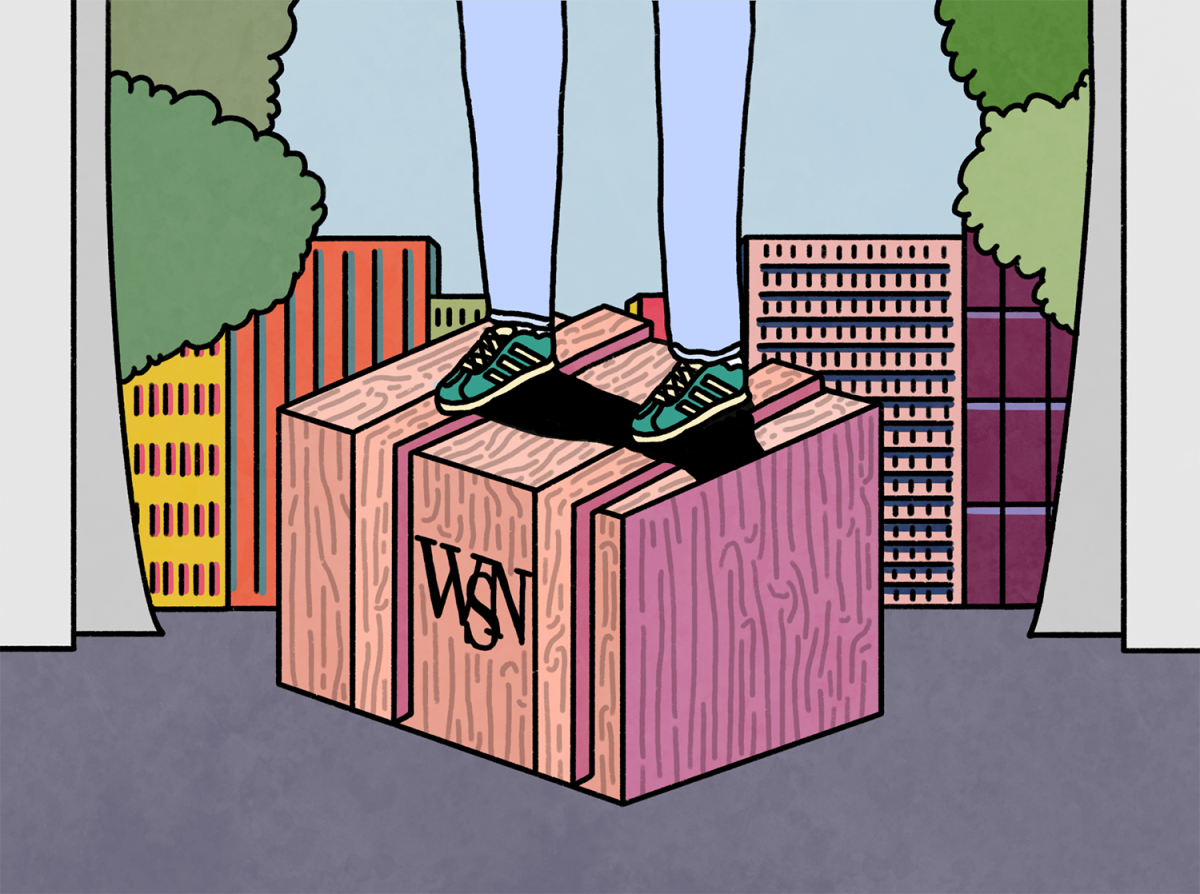
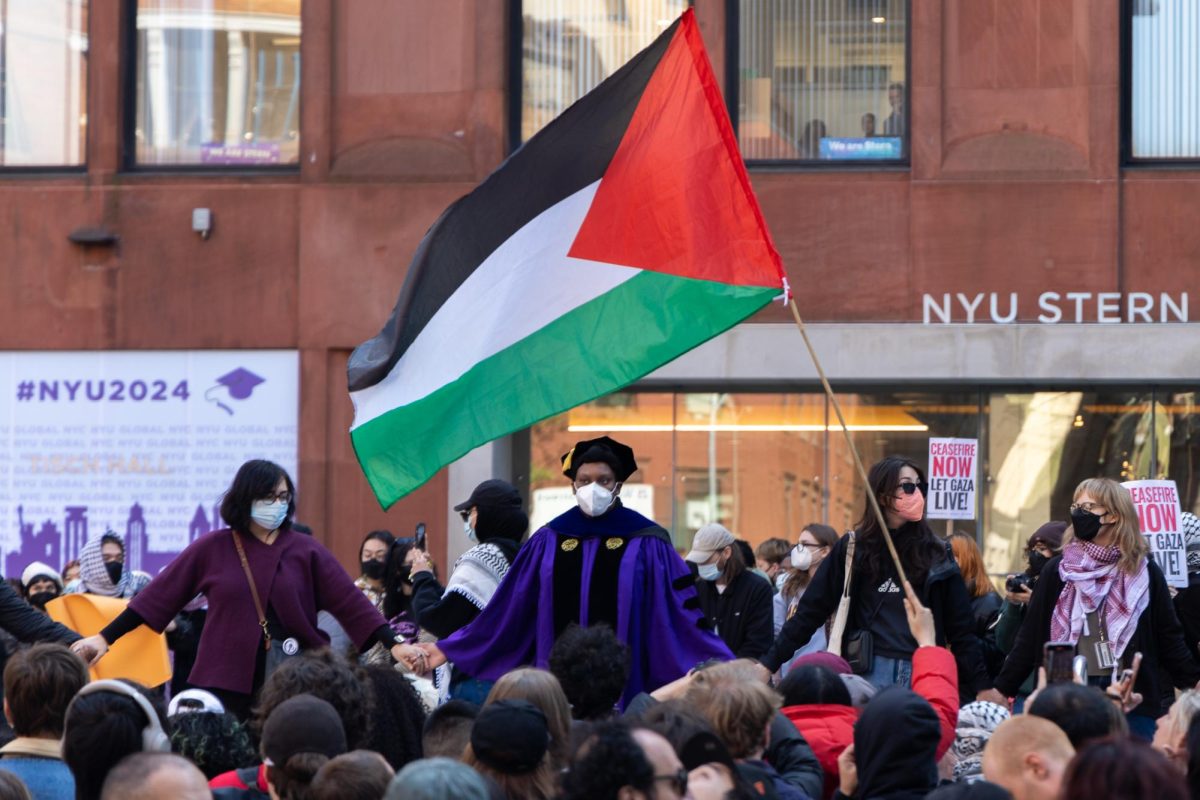
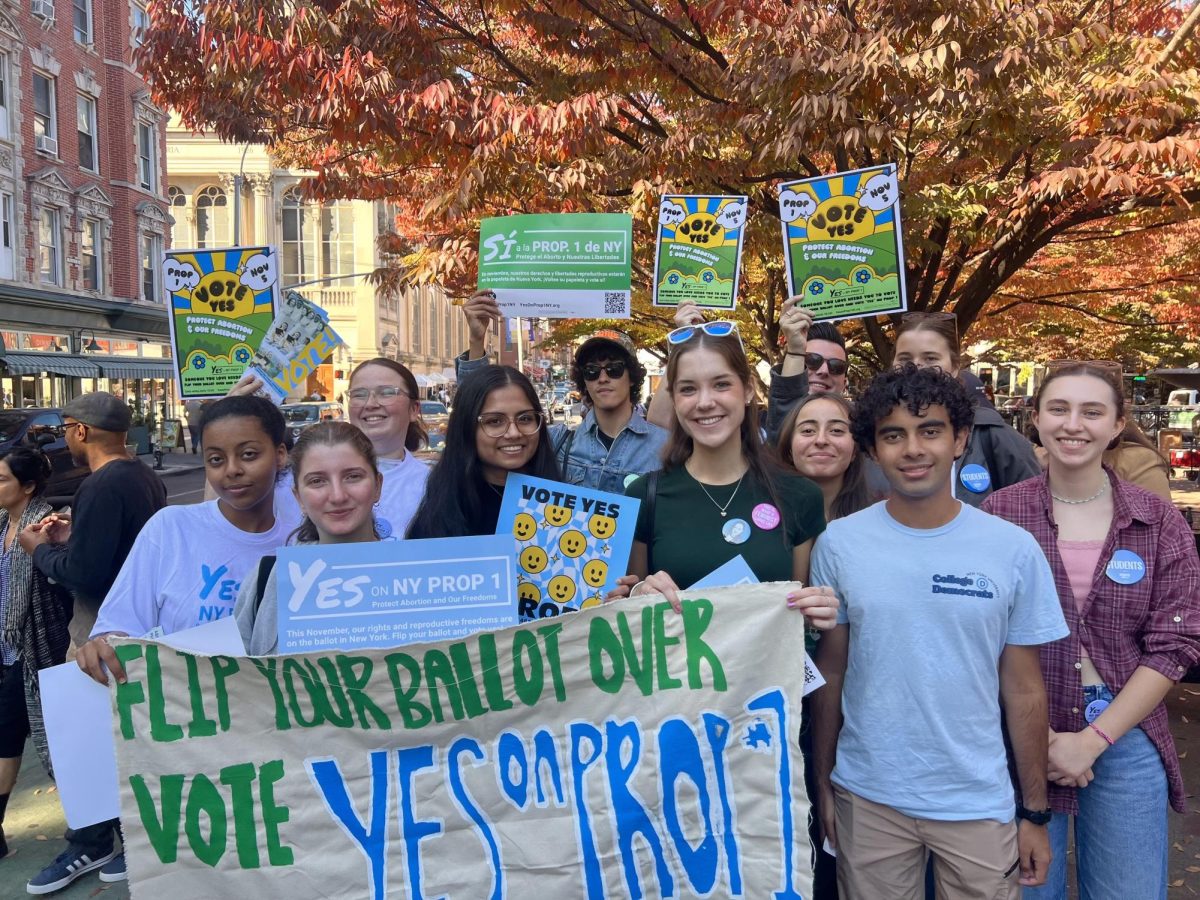
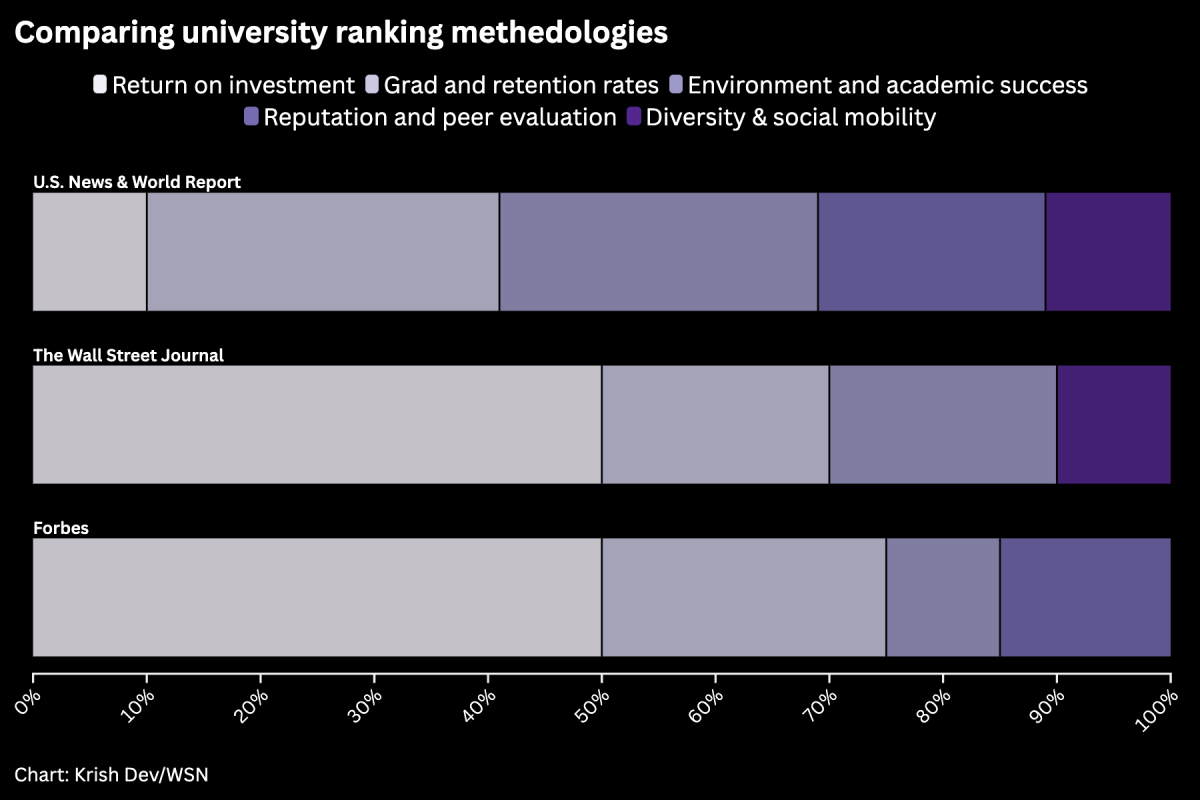
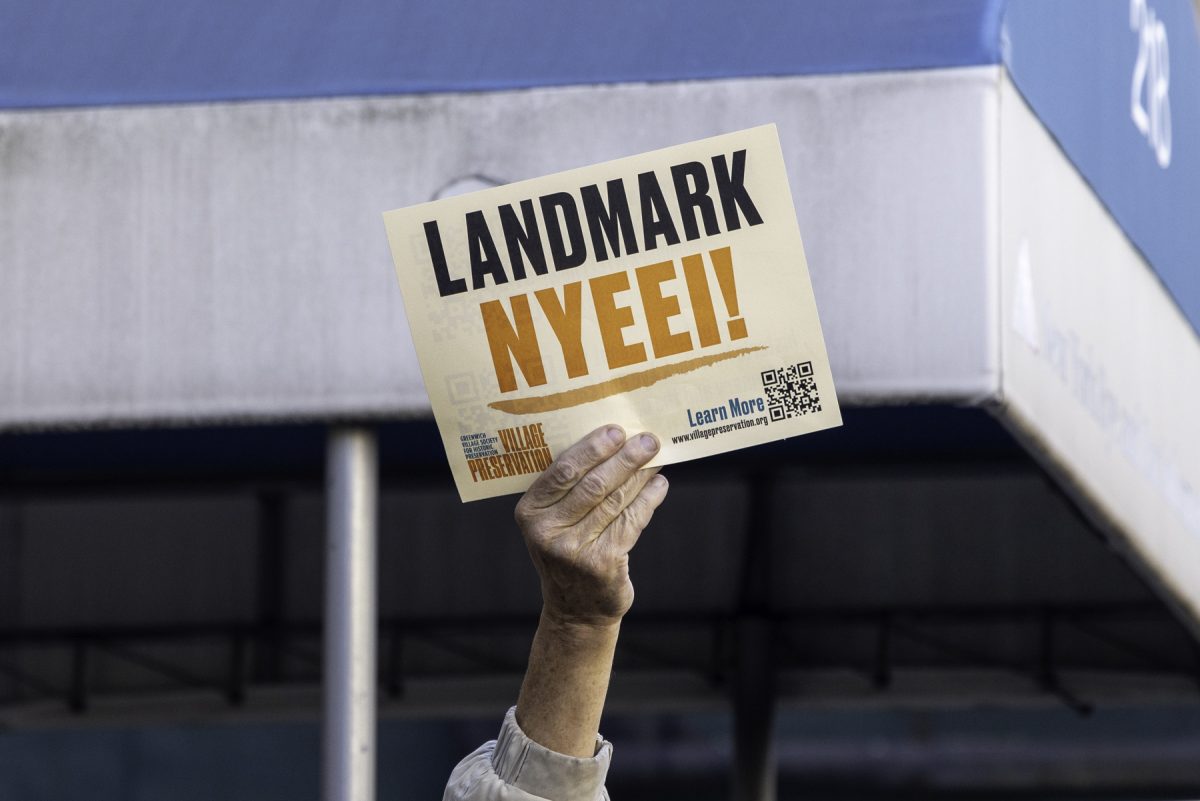
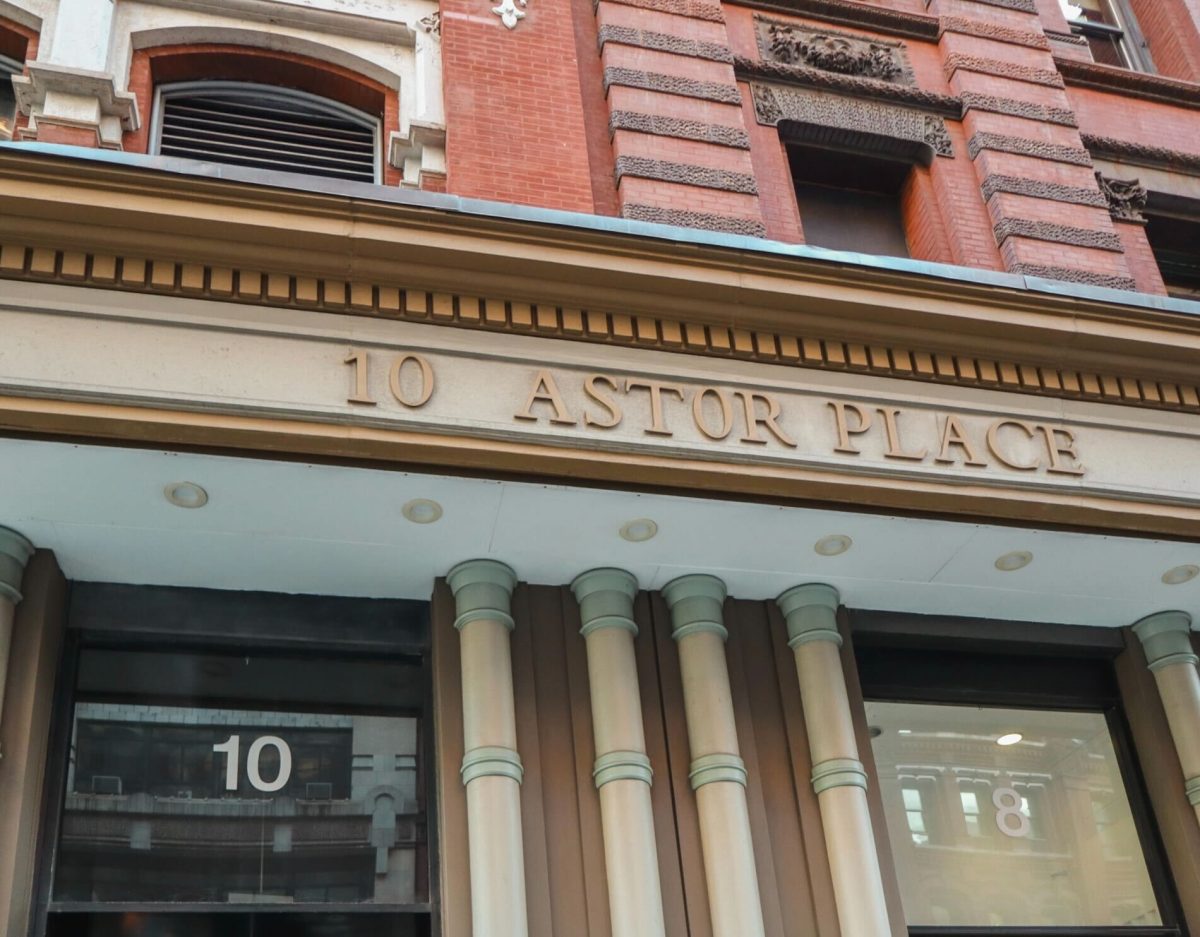



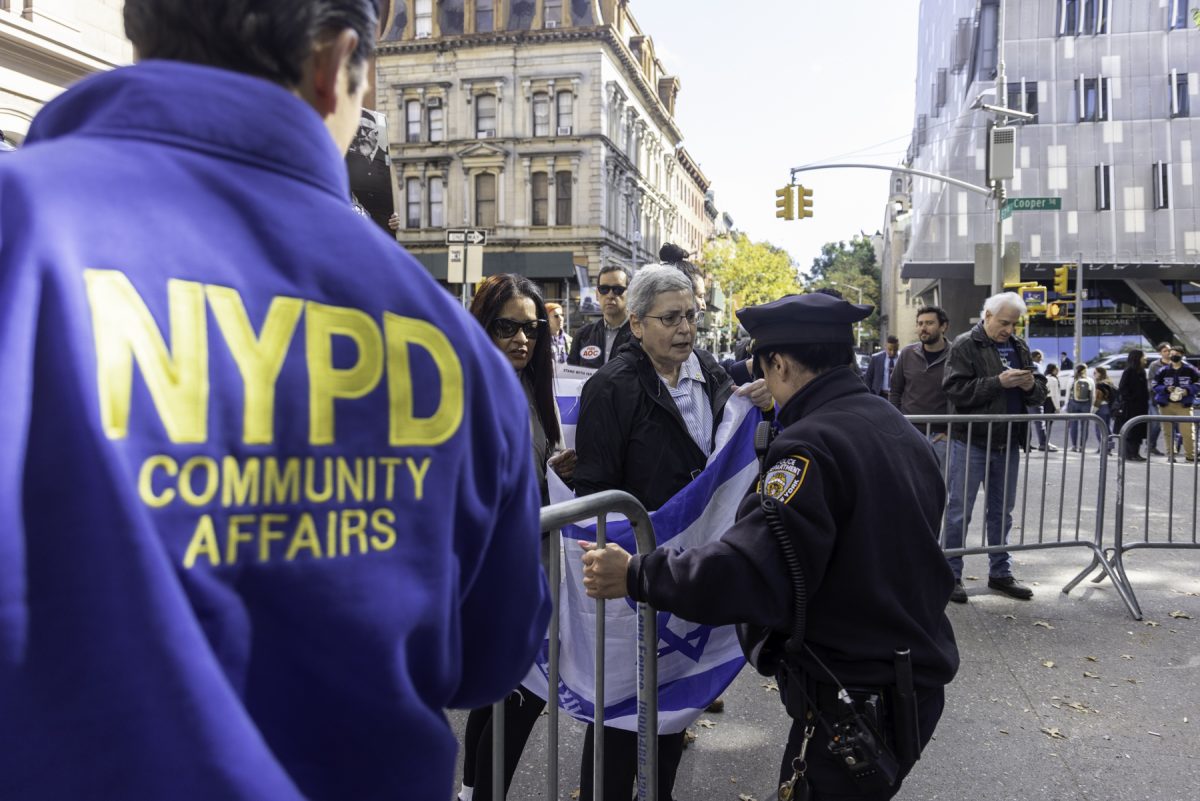


















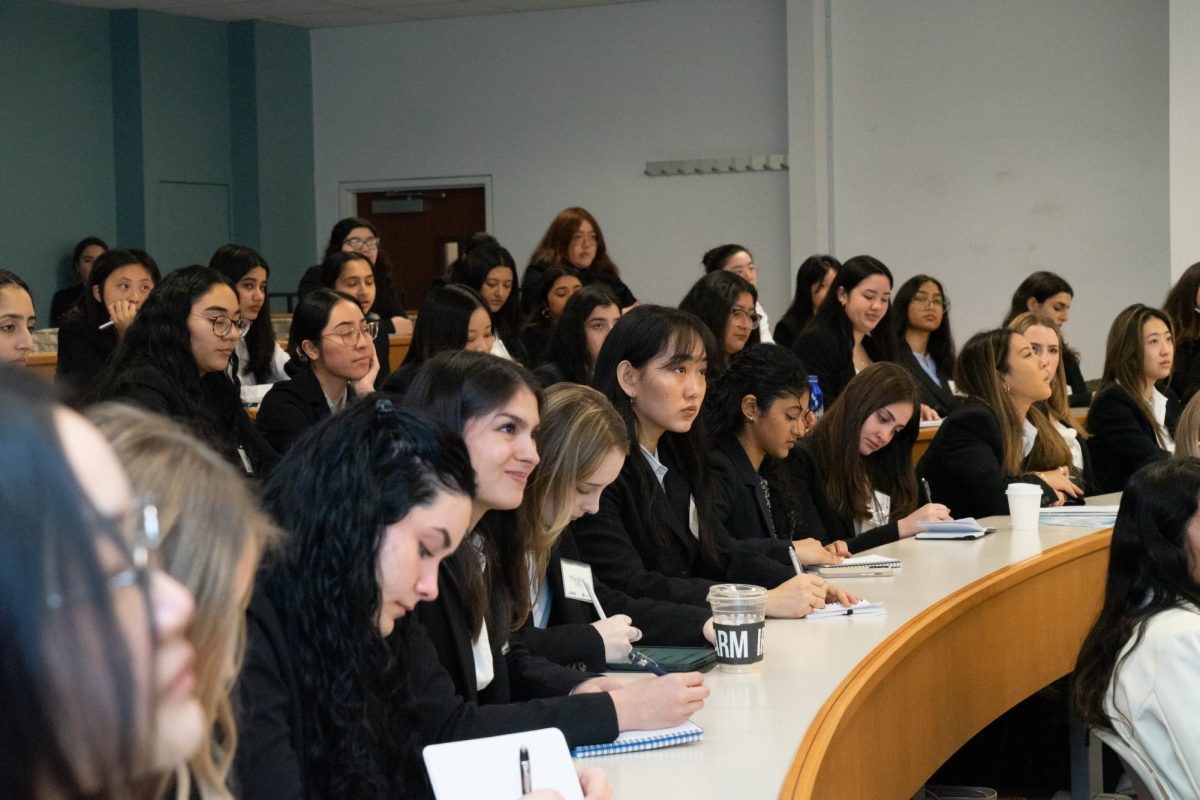



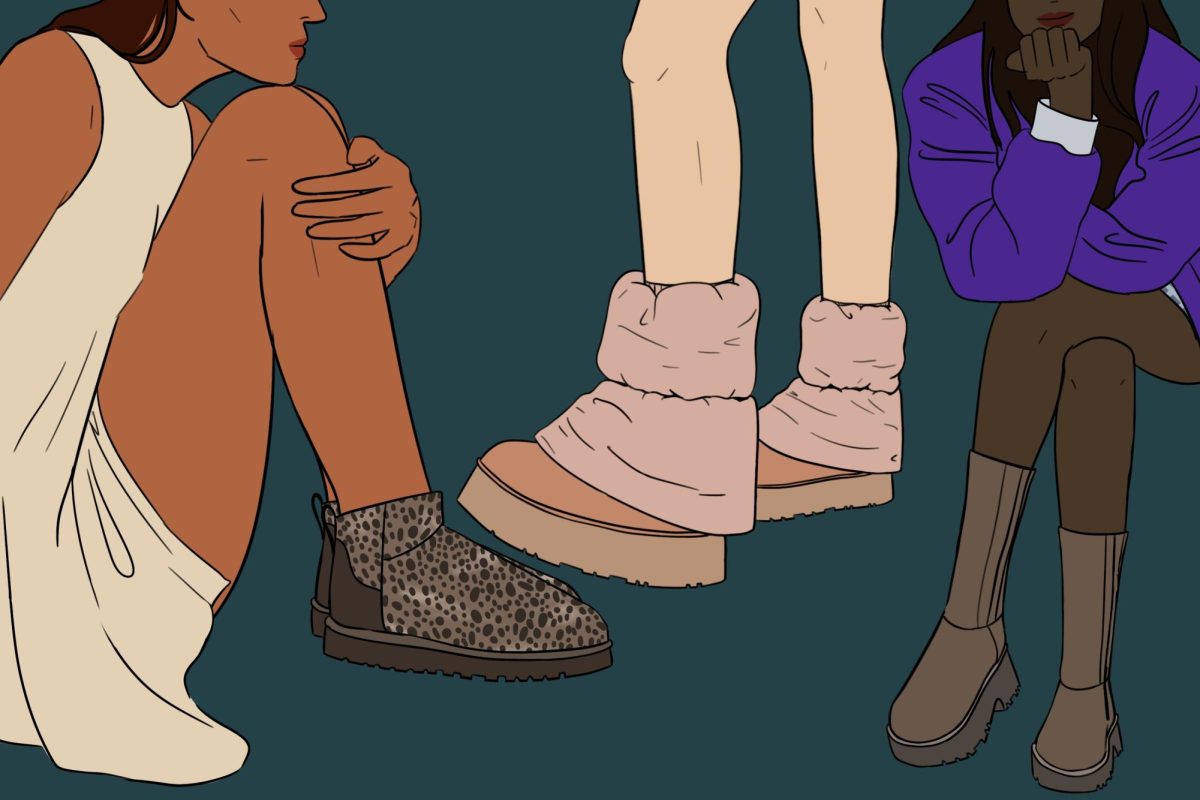
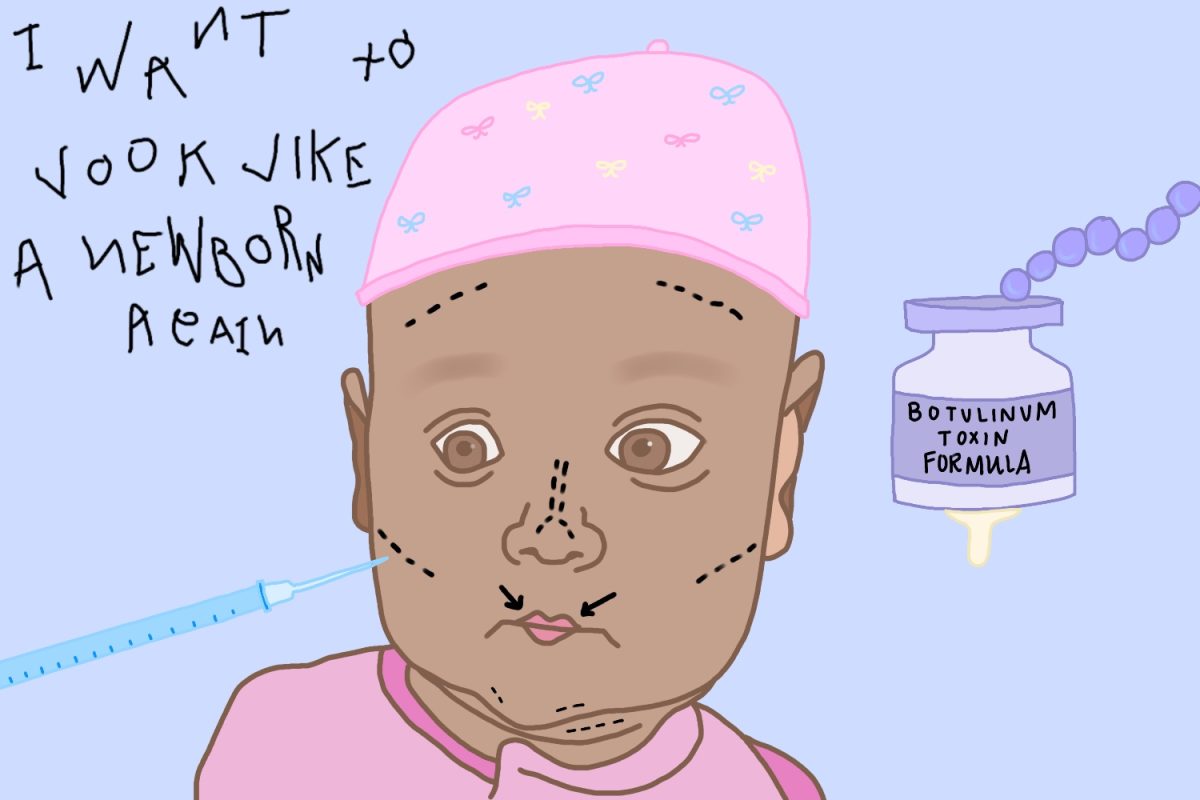
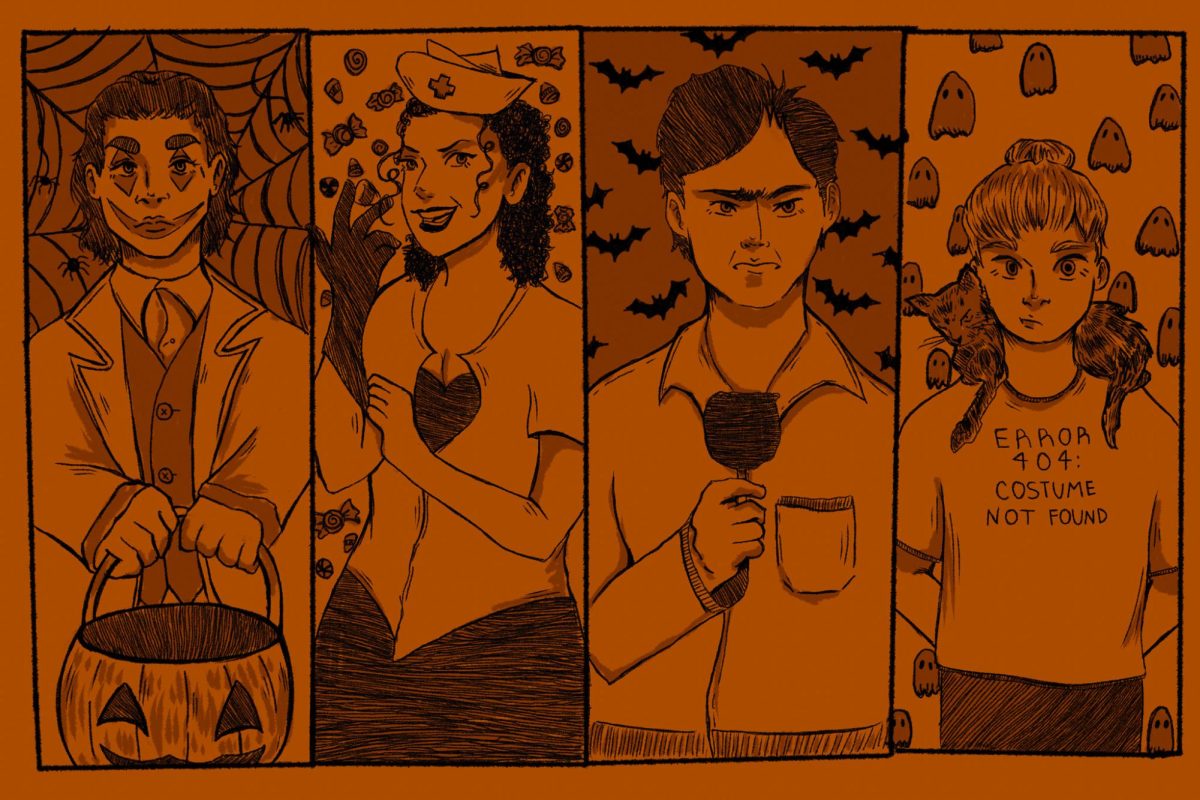
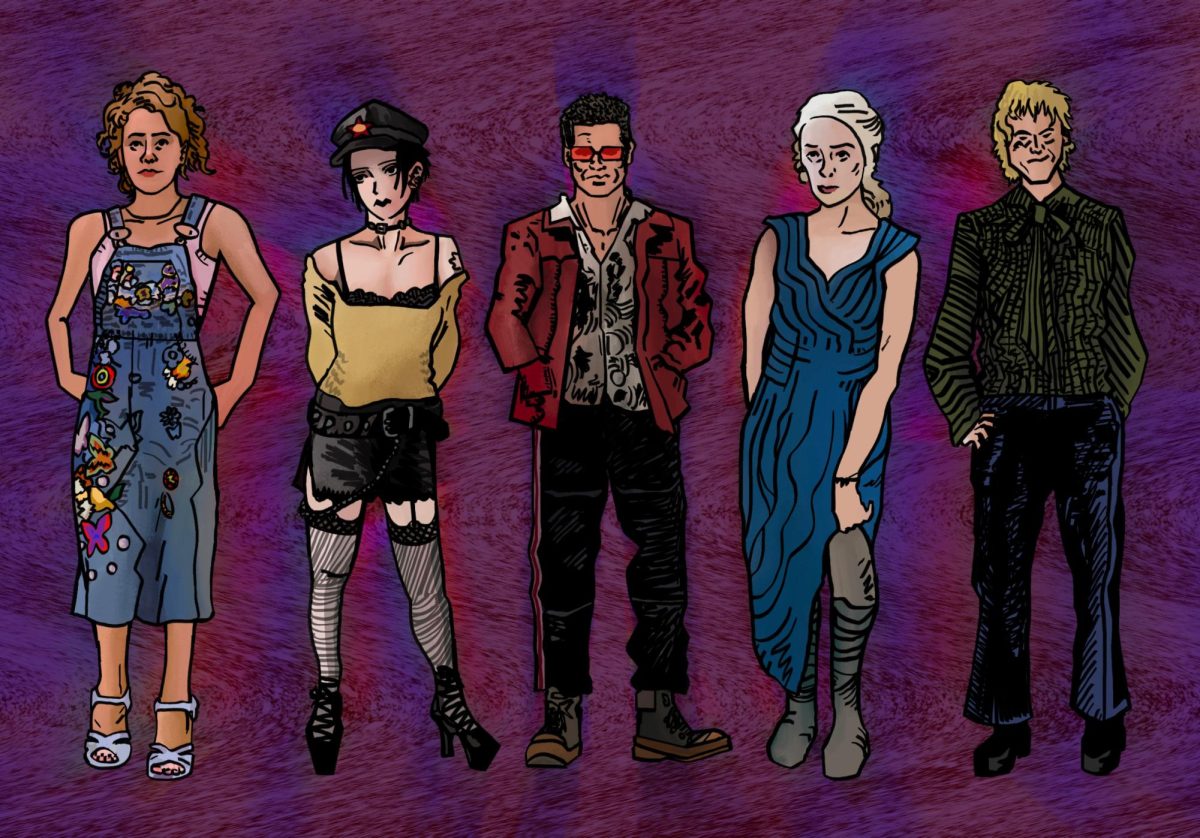

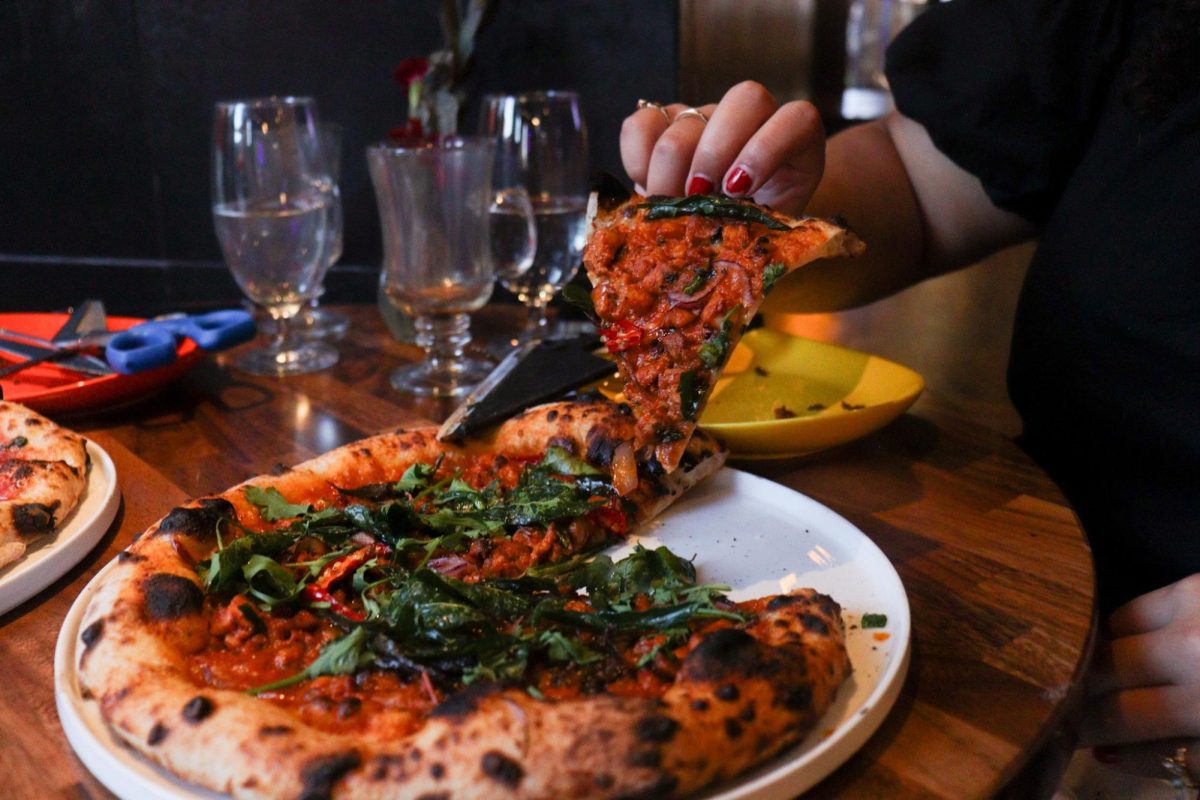


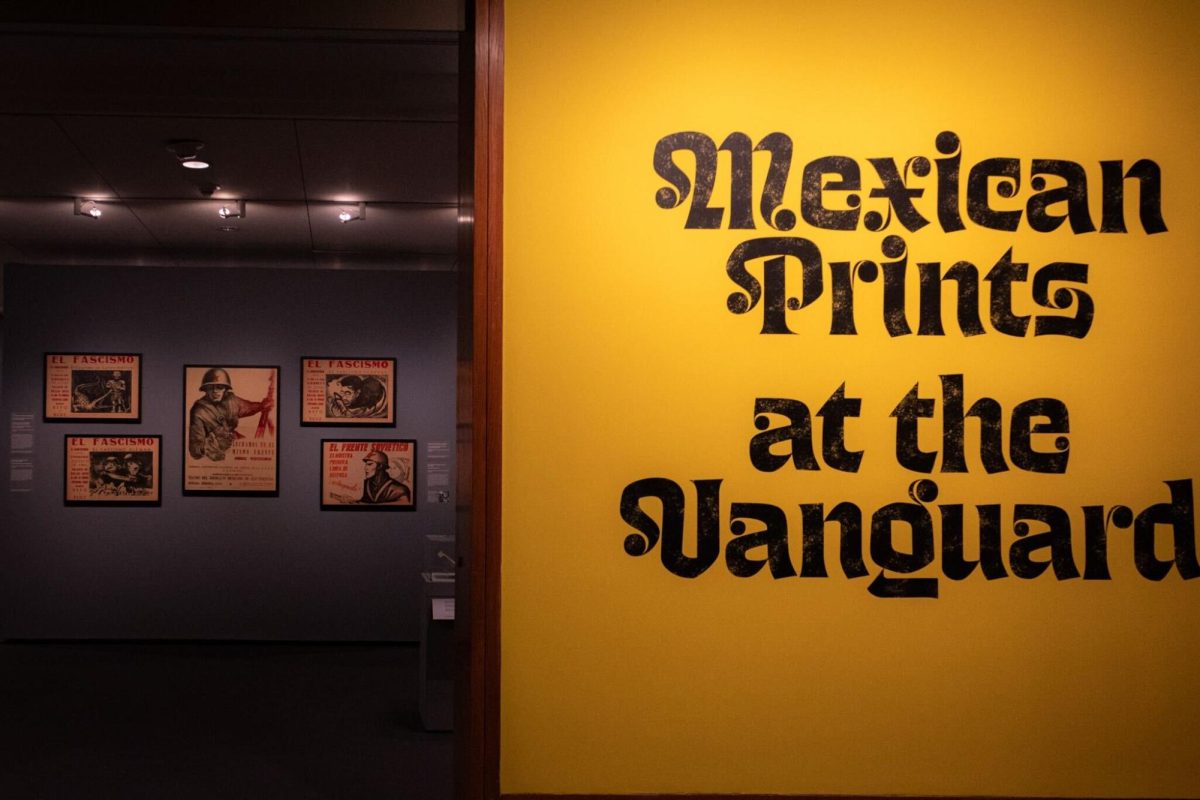
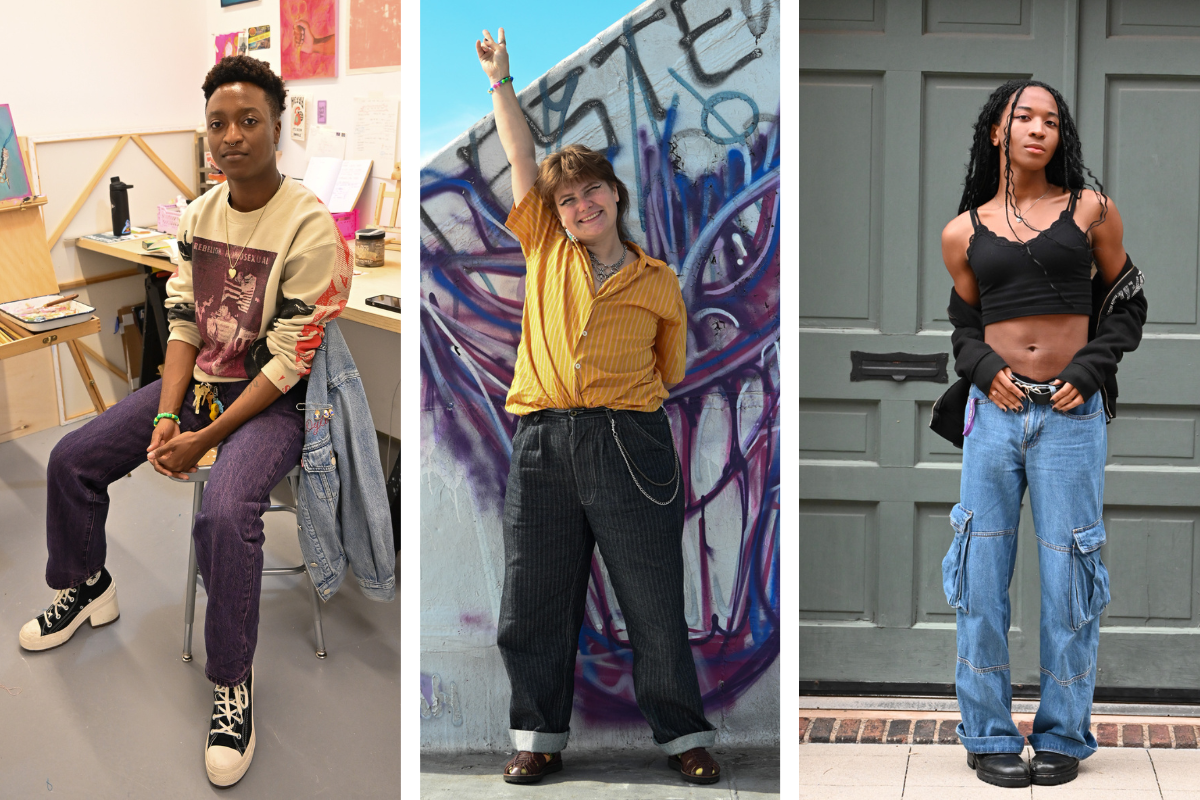
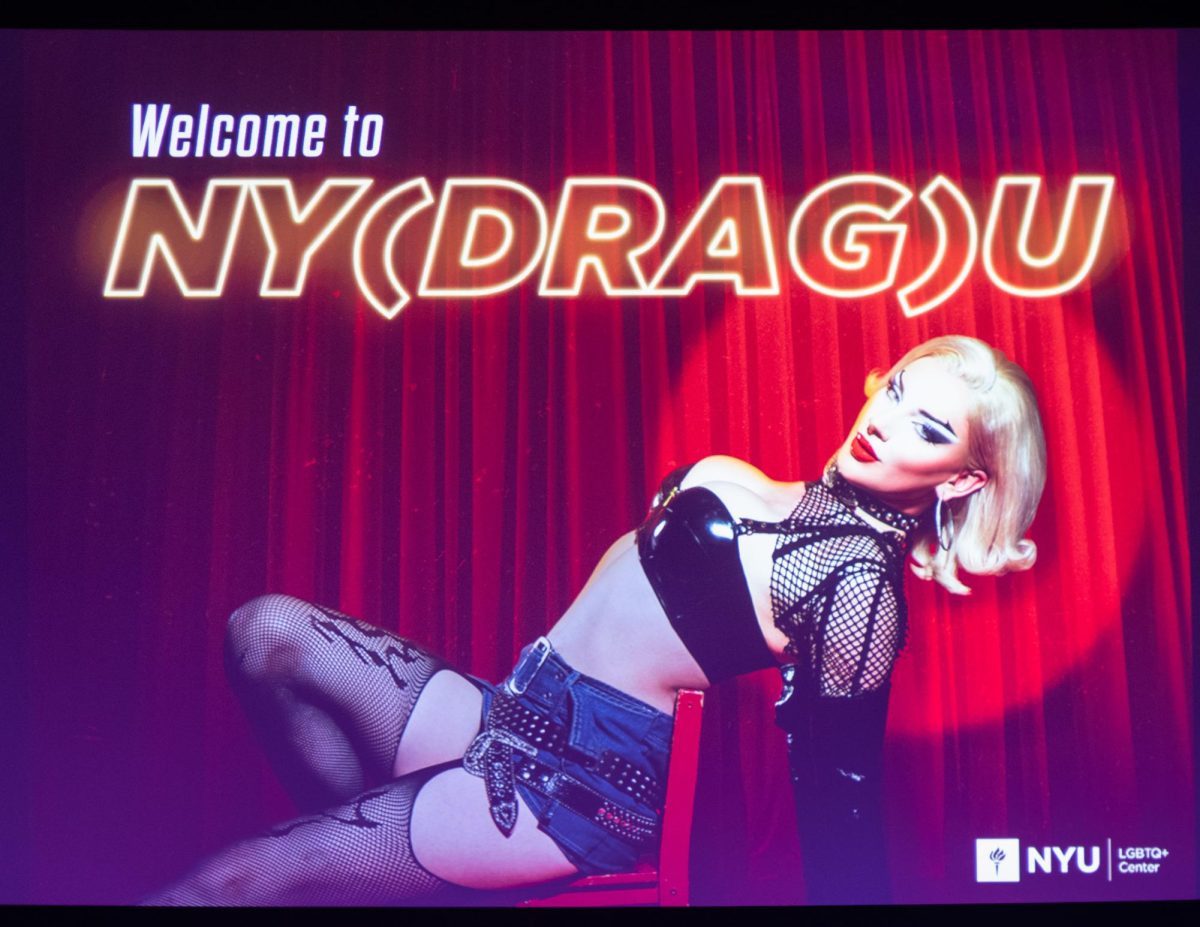

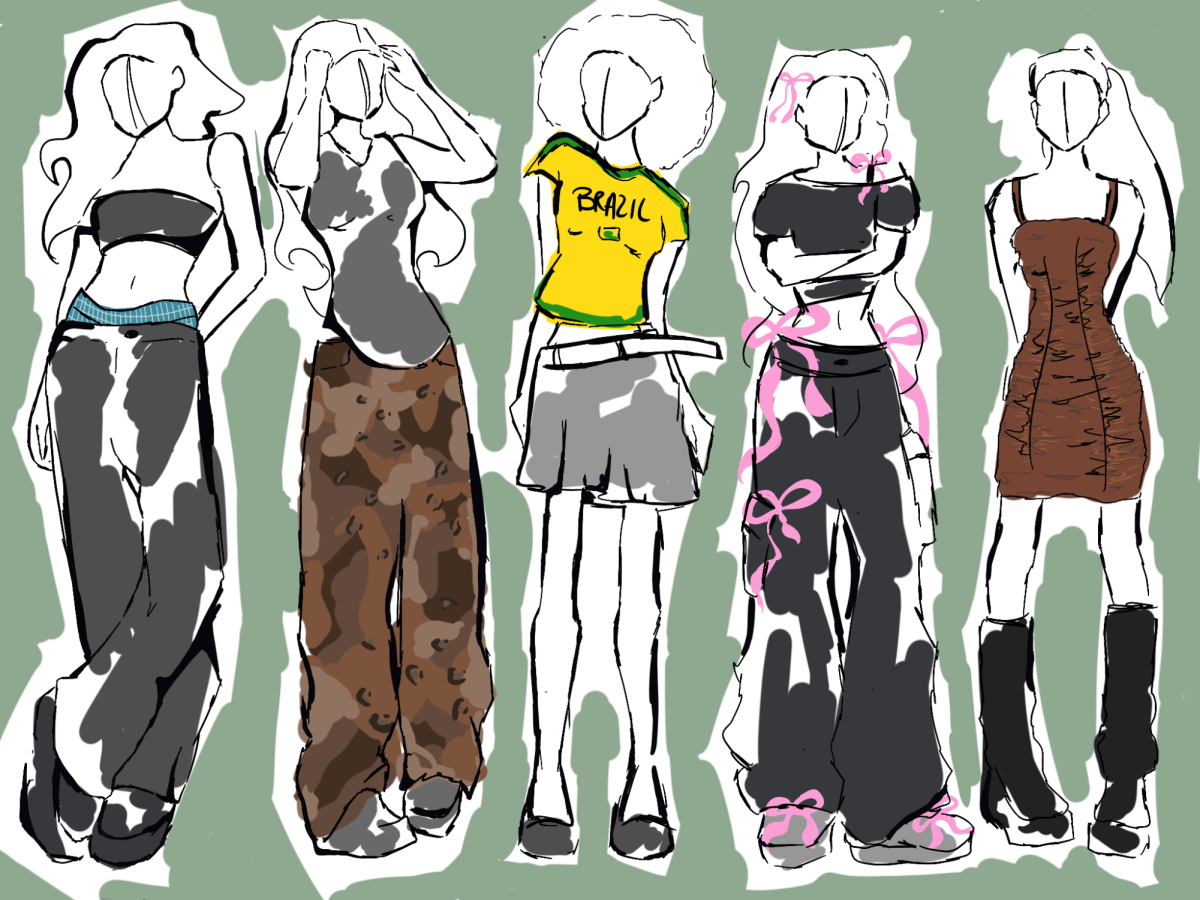



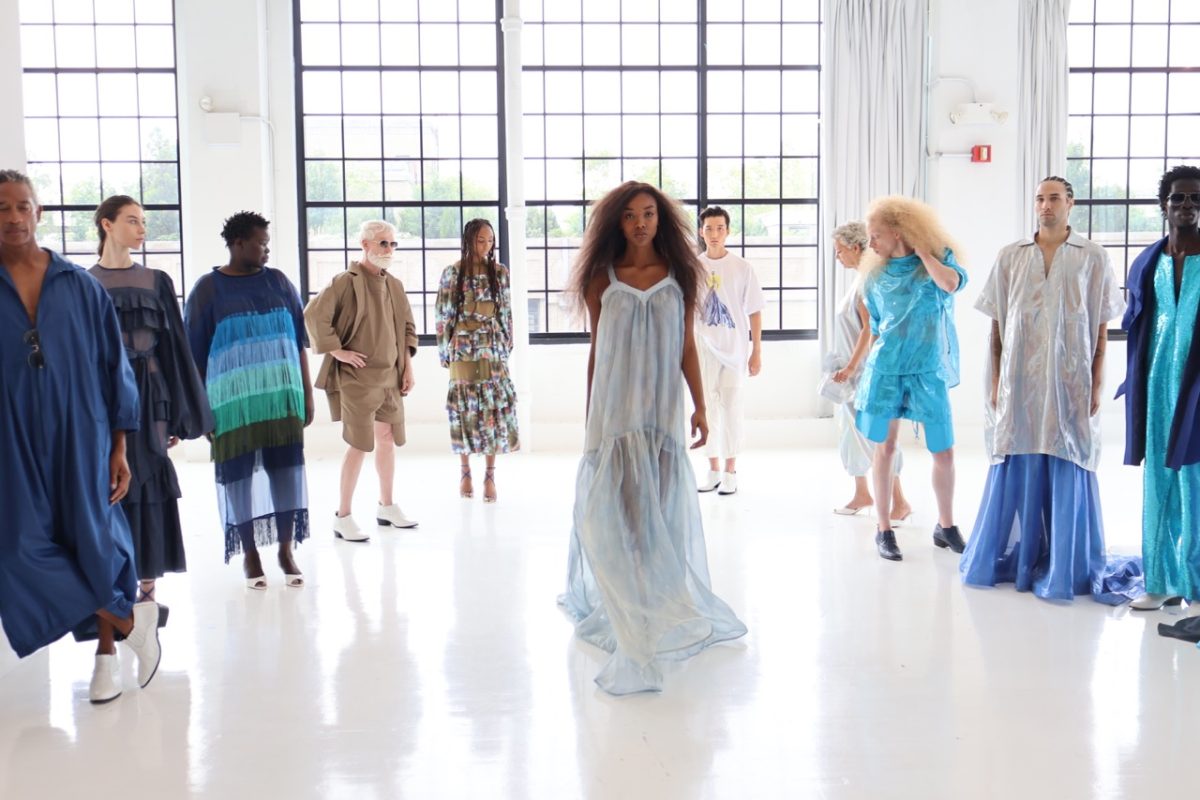




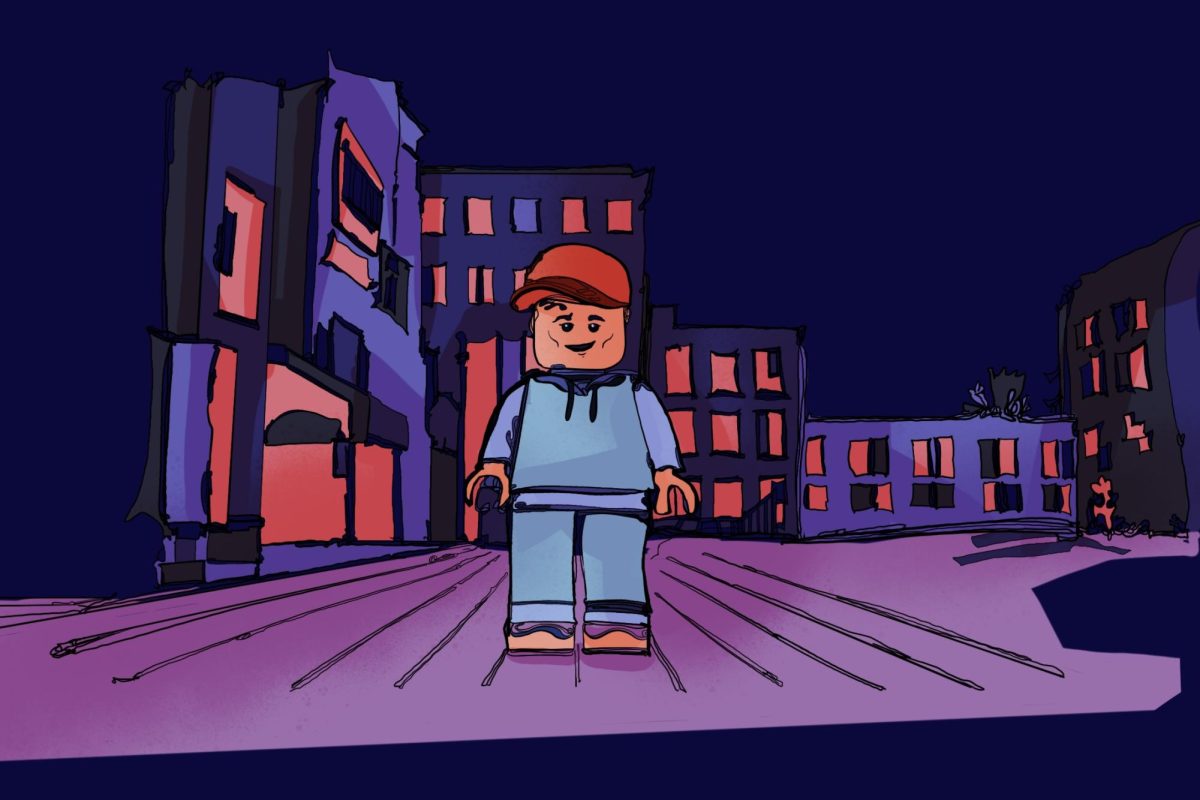



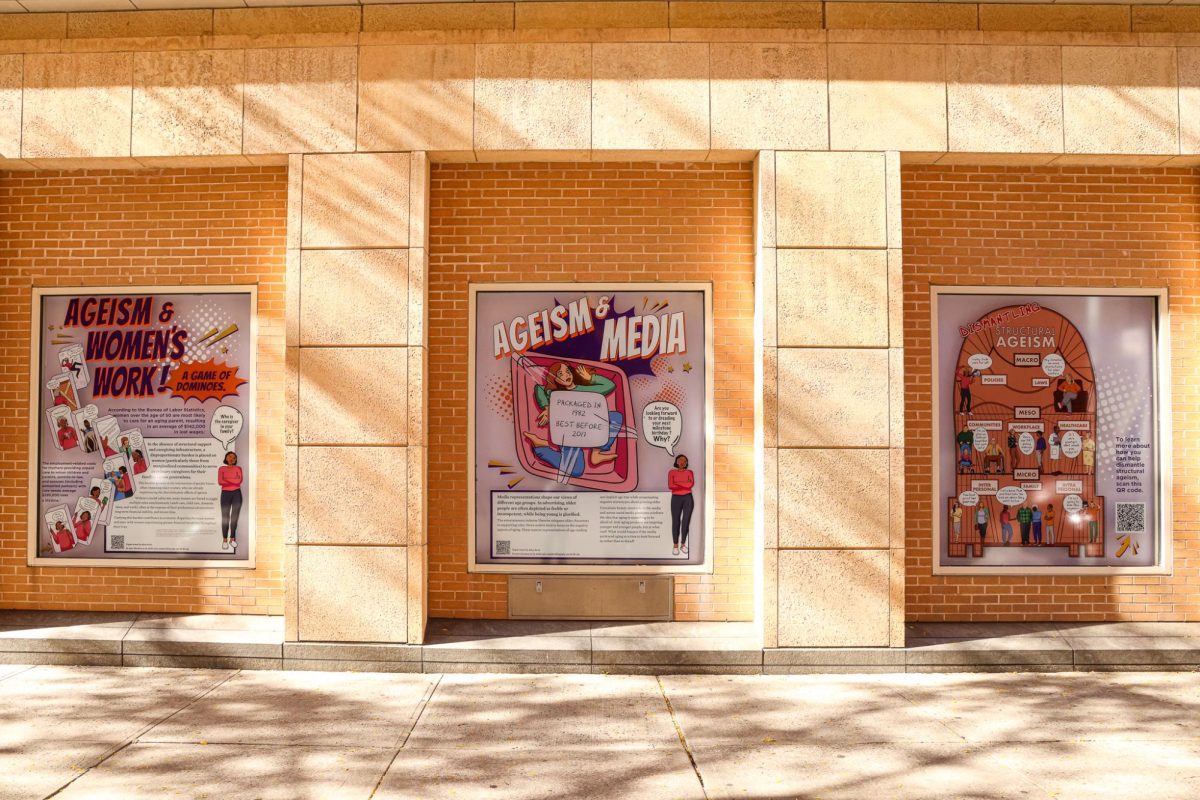




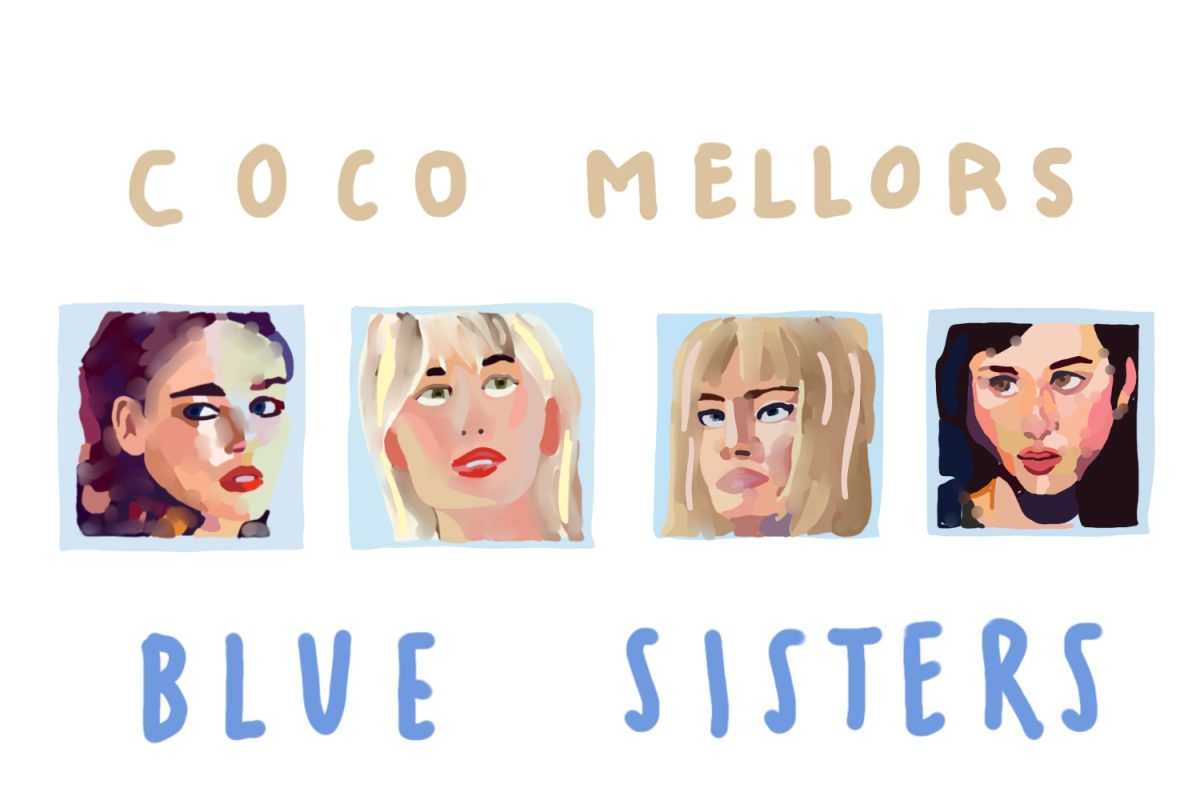







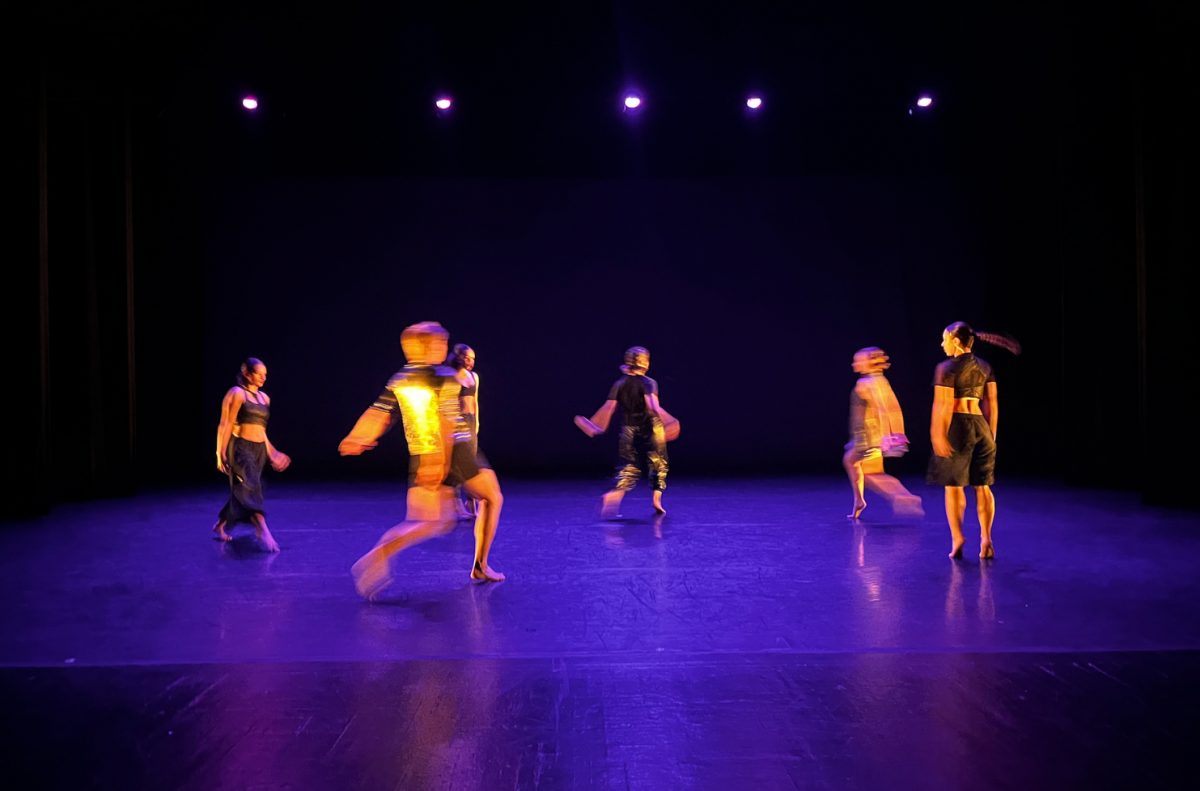


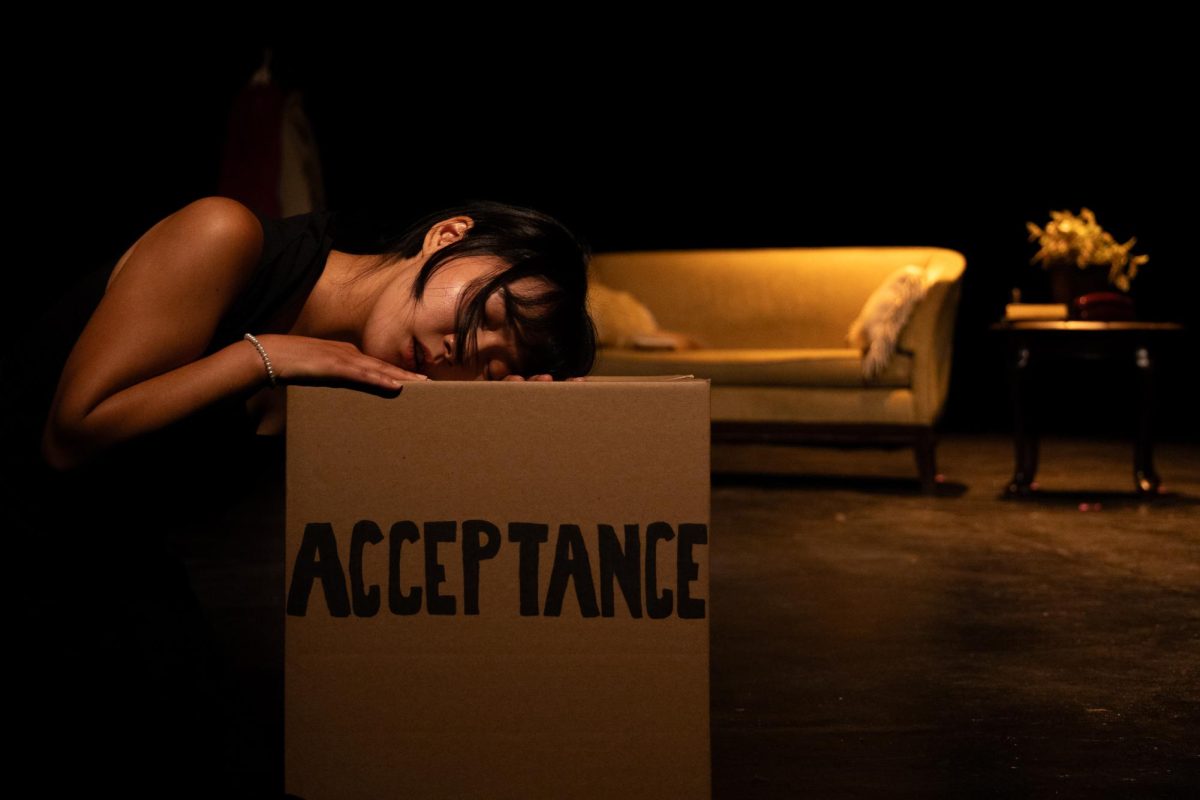

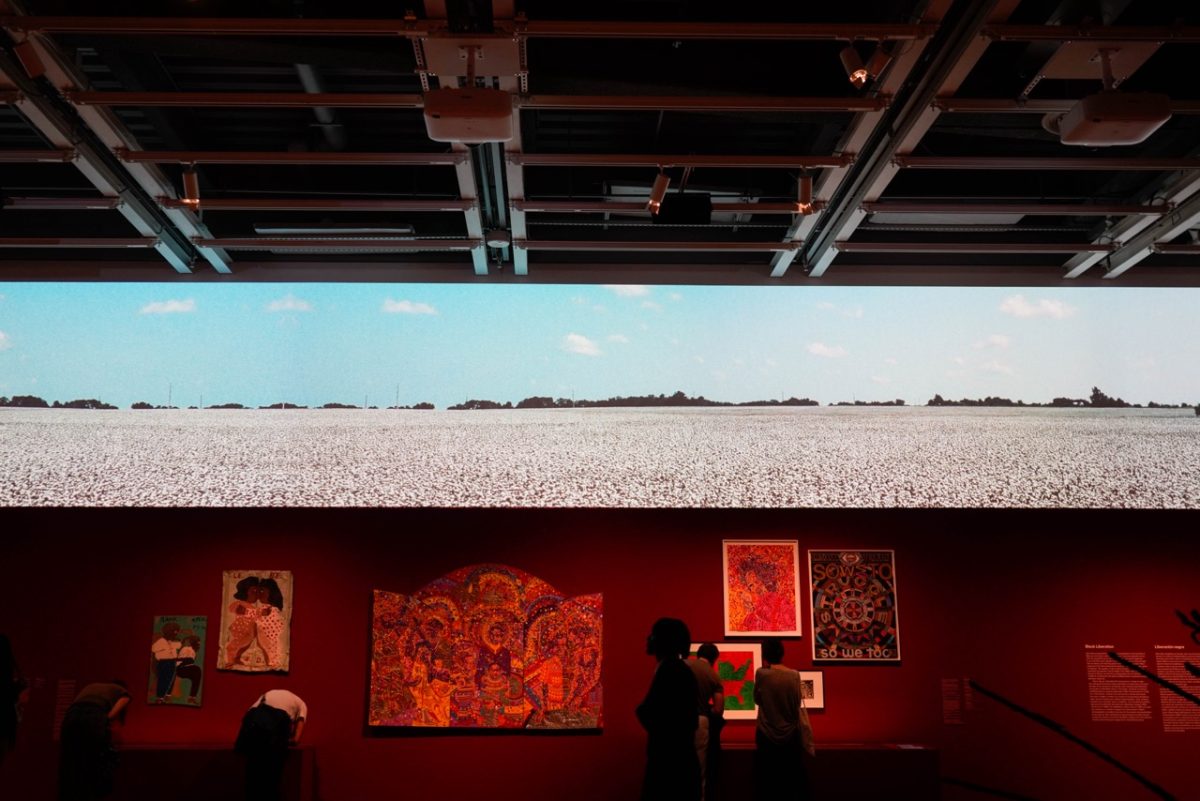




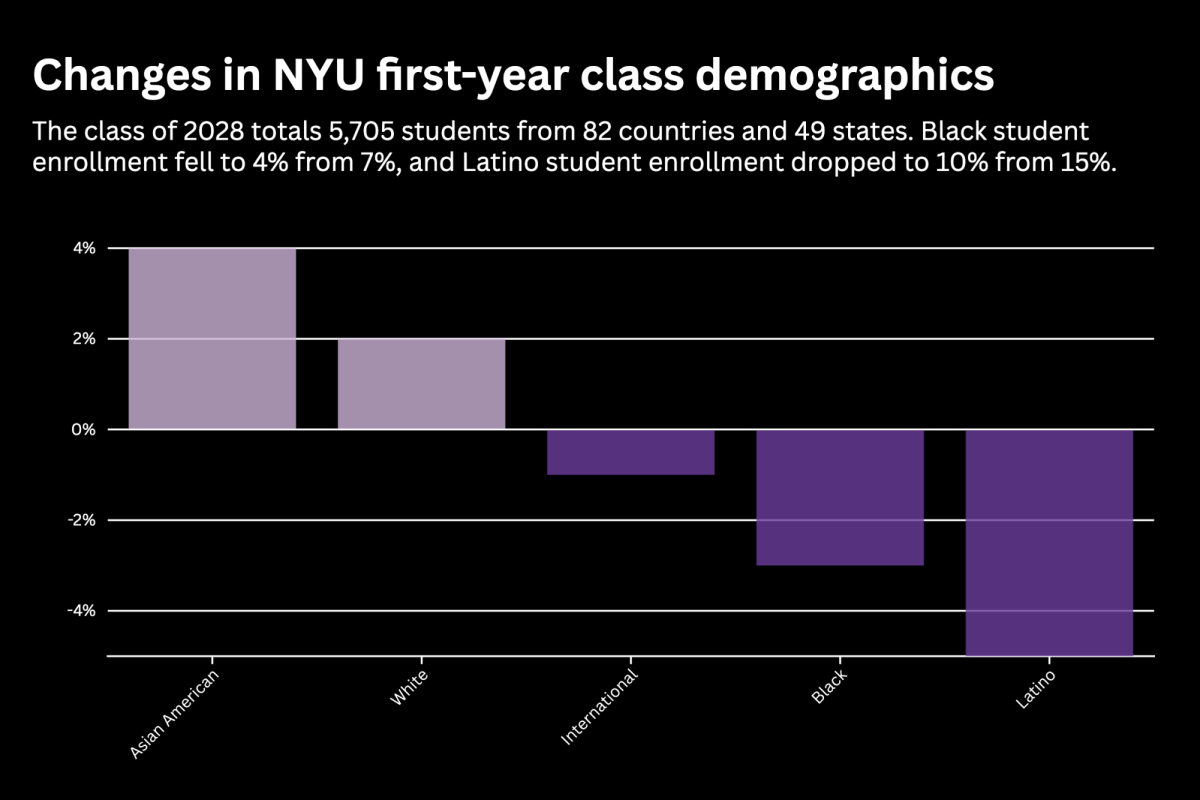







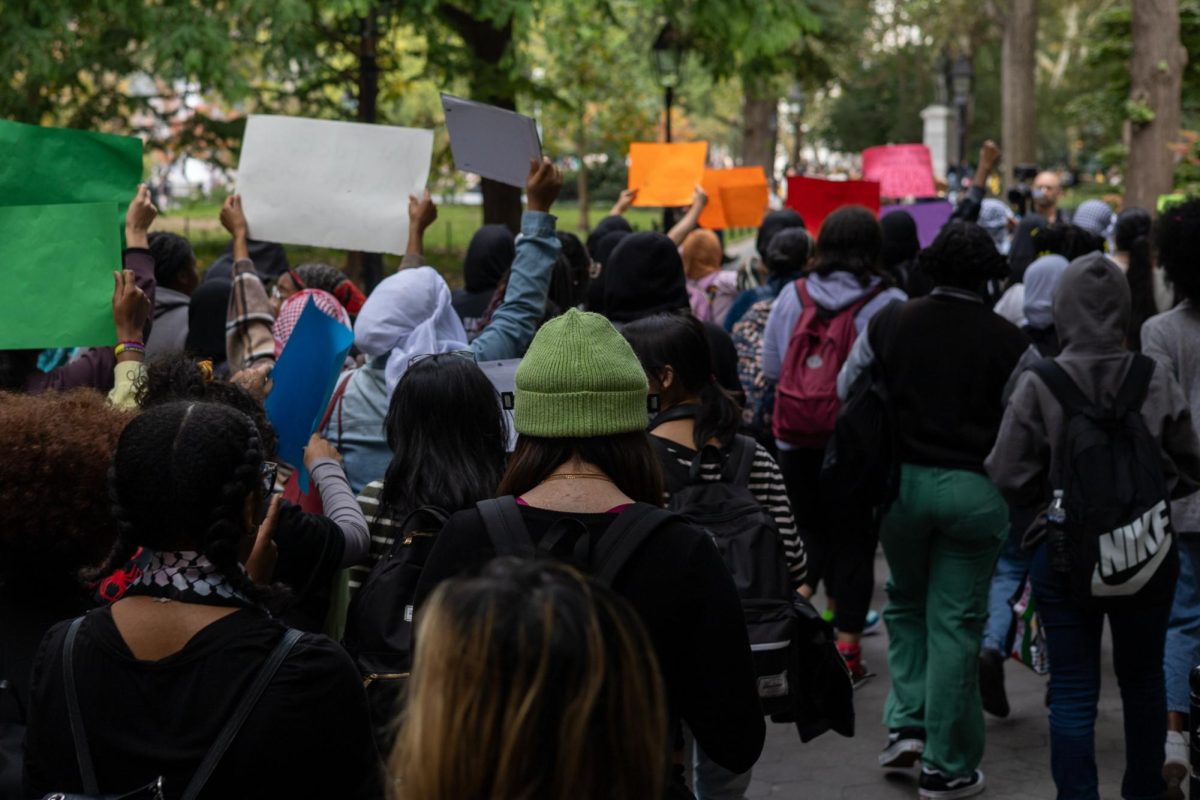



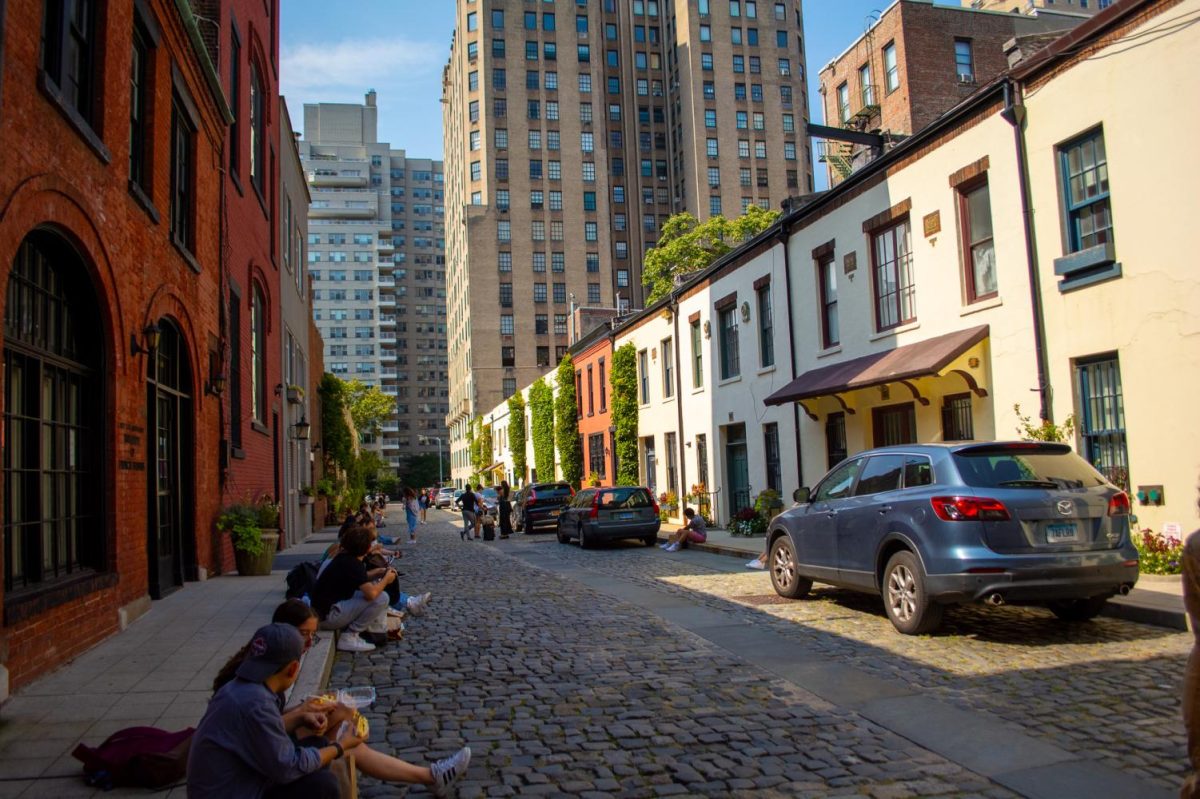




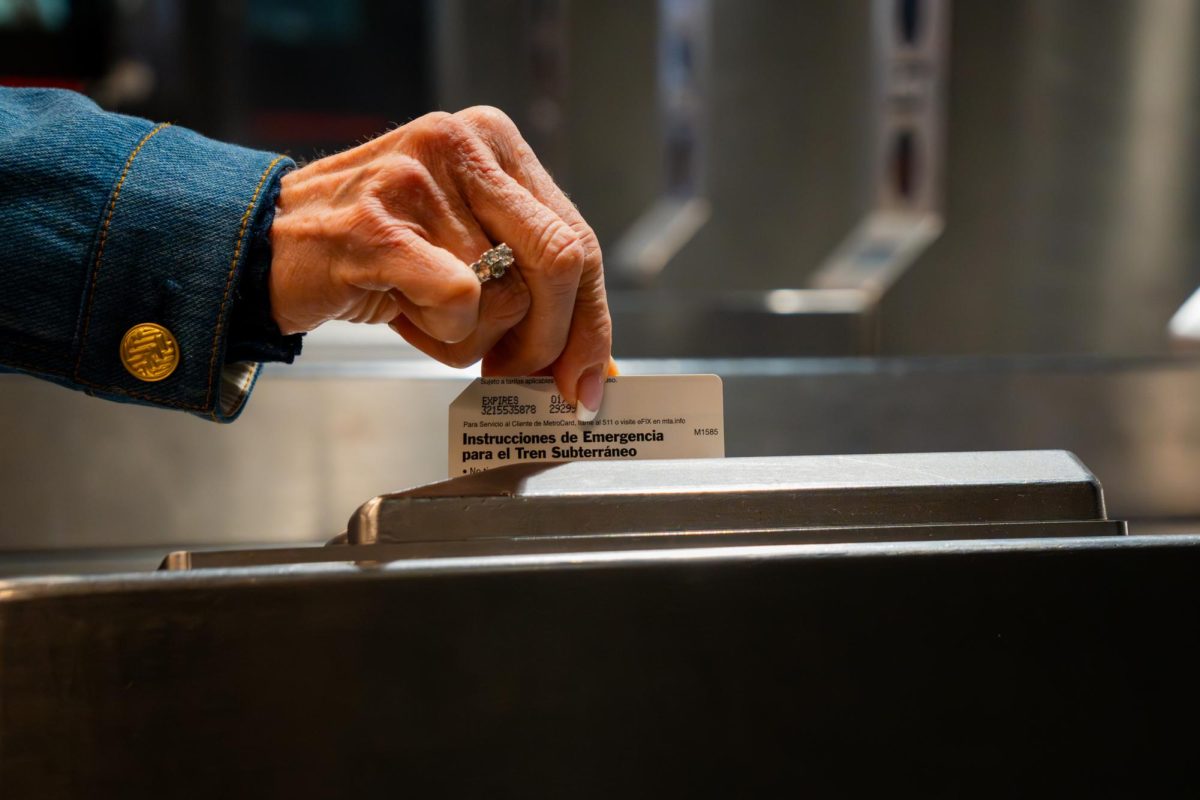















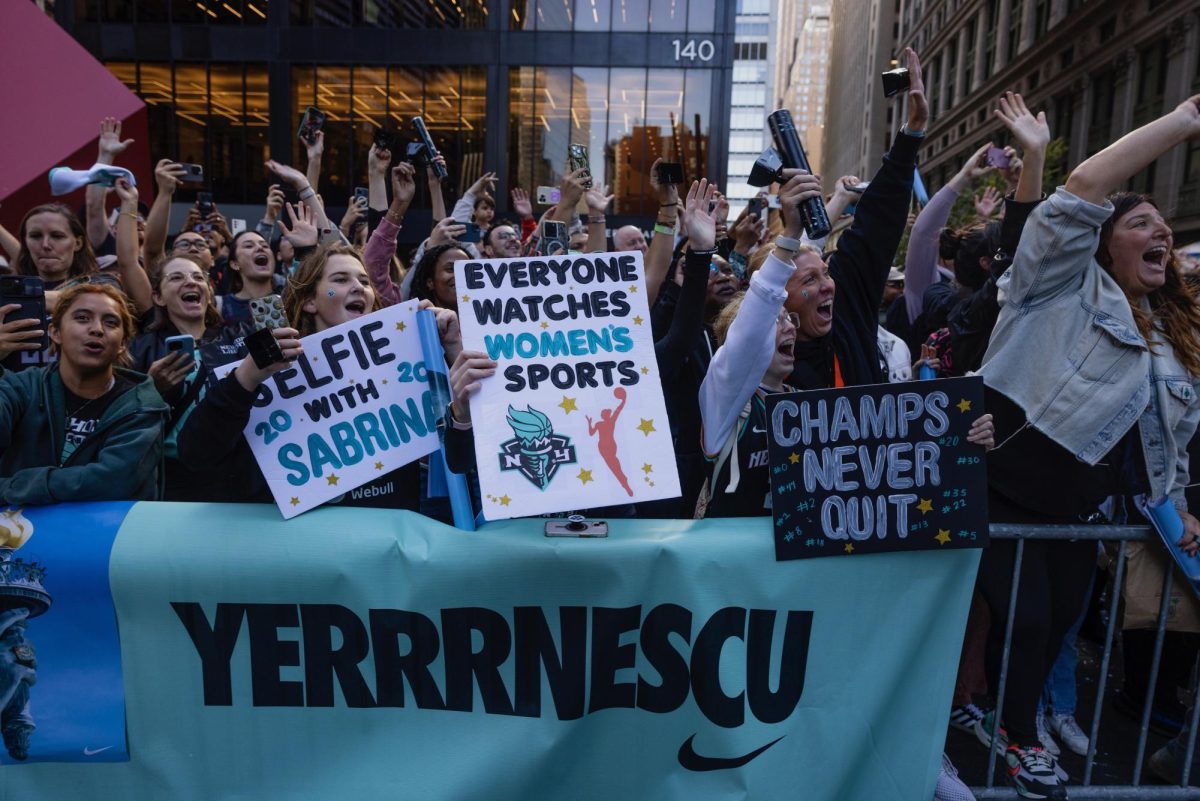
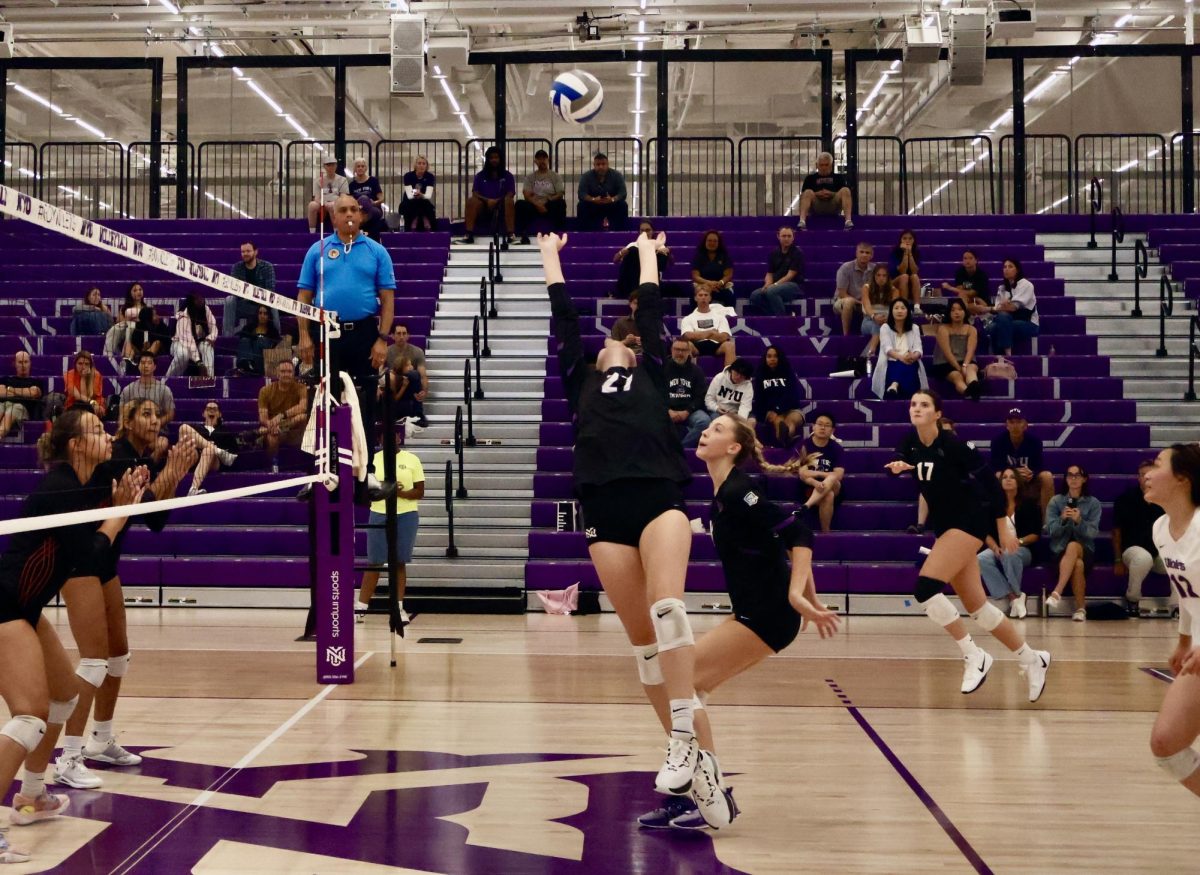





















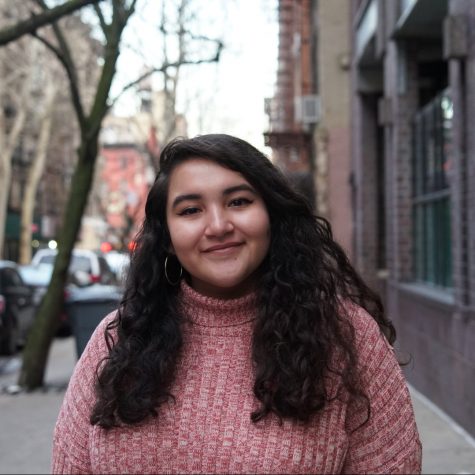
Jessie • Feb 6, 2019 at 12:20 pm
Where is the responsibility for Latinos with noted African heritage but continue to participate in anti-blackness? In said interview, Rodriguez acknowledges her father for being Afrolatino but then in the same breath says that she is not herself. Aren’t we all a mixture of both of our parents? So how can you have a black father and not be black yourself? I have witnessed several Latinos do this same behavior, especially those with racially ambiguous traits. It is sad and disheartening. Acknowledging your blackness does not detract from your mixed heritage but rather encourages you to embrace all aspects of it.